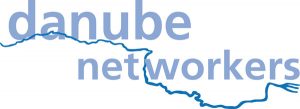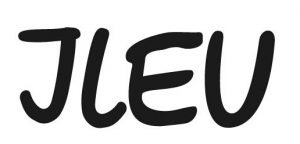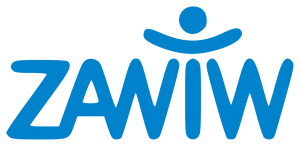Educational Framework Croatia
Full Description
Key elements of the education policy relevant to the implementation and sustainability of BBE project are actors, structure (institutions) and policy tools which can be used in implementation of BBE or other adult education programmes and projects.
Overall Croatian context is characterised by broad reform process in elementary and secondary education. Most of Ministry of Education efforts are focused just on school reform, which includes new curricula and the process of radical digitalisation of elementary school education. Adult education is a neglected part of education system and is left behind in recent policy process.
Key actors in adult education system are ministries and agencies on national level. At the moment the Ministry of Labour is more influential than the Ministry of Science and Education. The reason for this is linking adult education with labour market. National Agency for VET and adult education is in transformation and in the process of merging with other educational agencies (it is part of the process of de-agencification). Traditional providers of adult education programmes are public open universities (on municipal level), VET schools and NGOs. While open universities and schools deal with continuing VET (formal education), NGOs are focused on liberal education and non-formal education. In Croatia there is very low general participation of adults in lifelong learning (less than 3%) and very low participation of less educated people and people with low level of basic skills. Third age universities (education of people of third age) are active only in Zagreb, Rijeka, and Umag. Other programmes for learning in later life are organised in libraries, NGOs and local communities, but they don’t have education programmes as well structured as the programmes prepared at third age universities.
Legal framework for adult education is still in change. The Adult education act has been in preparation for three years and this year it should be passed. This legal framework will be mostly focused on formal adult education, while non-formal education and liberal art education have more open space for autonomy and providing programmes which are not accredited by public authorities. In the next few months, new curricula for improvement of basic literacy, numeracy and ICT skills of adults (as embedded part of VET trainings) will be finished. In the working process is also development of new curricula for adult basic education which should be renewed and more flexible. Most of these processes in adult education are postponed because for the Ministry adult education is not a priority as school education.
The most important tools for changes in adult education are EU funds (mostly European social fund), and without this support it will be very difficult to implement our ideas about adult civic education, learning about European identities and values. Most people from disadvantaged groups participate in adult education by participating in ESF projects. Erasmus+ is also such type of support. Another tool are public campaigns. “Lifelong learning week” is an opportunity for dissemination and presentation of ideas about adult education.
In this institutional framework adult education institutions try to improve their activities on the educational market, ensure organisational and financial sustainability and stability and respond to the needs and demands of adult citizens. (Author: Tihomir Ziljak)



